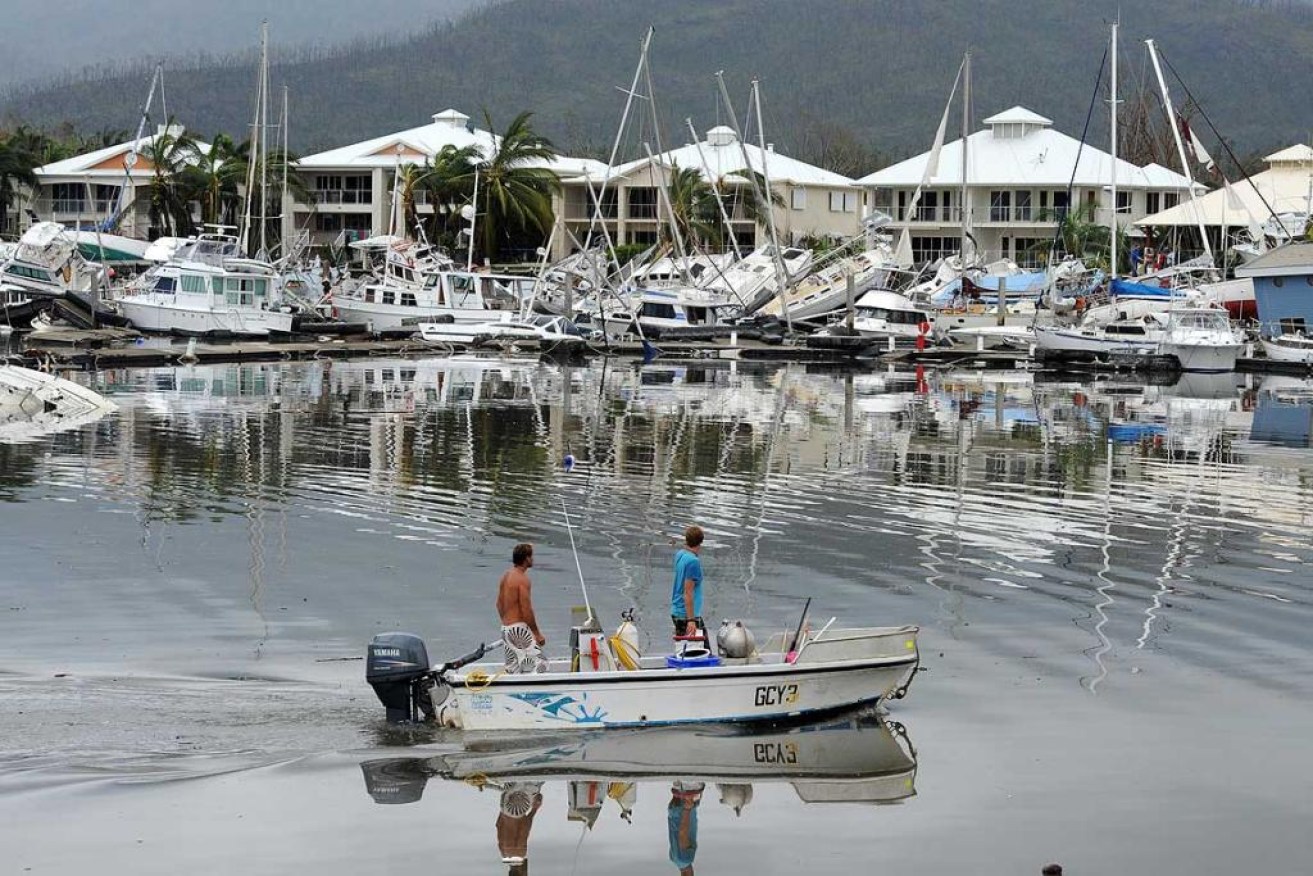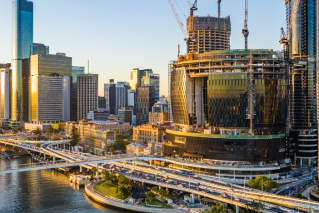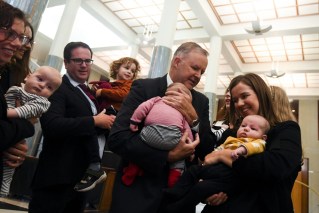Cover your bases: How natural disaster funding may sway regional voters
Federal funding and support to help those who are being regularly hit by floods and other natural disasters is a hot campaign issue in the regions, writes Greg Hallam.


There are fears that cyclone Jasper has the capacity to become as destructive as Cyclone Yasi. (file image)
Queensland and natural disasters have become synonymous since the 1974 floods. They were always going to be a major federal election issue.
Climate risk and the cost and availability of property insurance have now blown air into their tyres and pushed disasters into the top three or four issues for the 2022 federal poll.
Not surprisingly a significant number of coastal and regional seats are in play from Cairns to Bribie Island and natural disasters (along with the Reef, the Bruce Highway, dams and cost of living) will figure prominently .
It’s been a circuitous nine year disaster policy road map for the current coalition government .
It’s a period that has been bookended by Tony Shepherd’s Commission of Audit in the first months of the Abbott Government, with its proposals to slash federal disaster assistance, and last week’s Prime Ministerial about face within 36 hours on very generous funding of the most recent southeast Queensland floods.
From cracking hardy to playing the Easter Bunny all within a decade. Behold, the power of the ballot box .
Disaster funding has long been a vexed issue for consecutive conservative federal governments given the huge amounts of money involved, the lack of control or visibility over expenditure, climate debates and the largely regional incidence of disasters.
Worse still, in the public psyche disasters are a measure of both government competence and compassion and have moved from a once in a generation phenomenon to a regular occurrence and a permanent feature of political and community discourse .
Early in the Abbott years $4 billion of previously earmarked climate change spending was set aside for disaster mitigation projects. The corpus of that funding has generated around $800 million since its inception.
None of that money has been spent on disaster mitigation projects given the very tough program implementation guidelines the Liberal Party imposed on their National Party cousins.
It’s no surprise then that Labor appointed one of its best operators – Queensland Senator Murray Watt – as its emergency management spokesperson to hone in on that non-spend.
Beyond changing national funding guidelines, Canberra has toyed with the overarching national disaster management architecture, creating the National Recovery and Resilience Agency following the debacle of the 2019 New South Wales and Victorian bushfires and loss of political capital for the Prime Minister.
Such ignominy was not felt north of the Tweed due to the ongoing good work of the universally well regarded Queensland Reconstruction Authority.
That said, there has been a lot of catch up football played by the Canberra bureaucracy.
Expect both sides to make plenty of disaster mitigation funding announcements in Queensland over the campaign.
In many ways the more difficult issue for both parties is the enormous cost of property insurance cover, arising out of global insurance market re-pricing climate risk after decades of heavy losses.
The Queensland coalition party room, led by Senators Susan McDonald, Matt Canavan and James McGrath, showed great energy and alacrity in securing a $10 billion parametric reinsurance facility to underwrite property insurance markets, effectively providing a catastrophe level of cover and allowing markets to offer insurance. That’s an Australian first.
The underpinning legislation was passed as one of the final acts of the now prorogued Federal Parliament.
That facility will work in time and provide cover to many of the 14,000 households north of the Tropic of Capricorn. But will it come quick enough to lighten the already high cost of living load in the regions?
It will be a battle of the respective Blue and Red Senate teams in Queensland to convince regional voters they have the right policy mix to mitigate against future disasters and keep insurance premiums available and affordable.
Greg Hallam AM PSM is a recently retired CEO of the Local Government Association of Queensland. He will write on regional issues and policy announcements for the duration of the election campaign.












